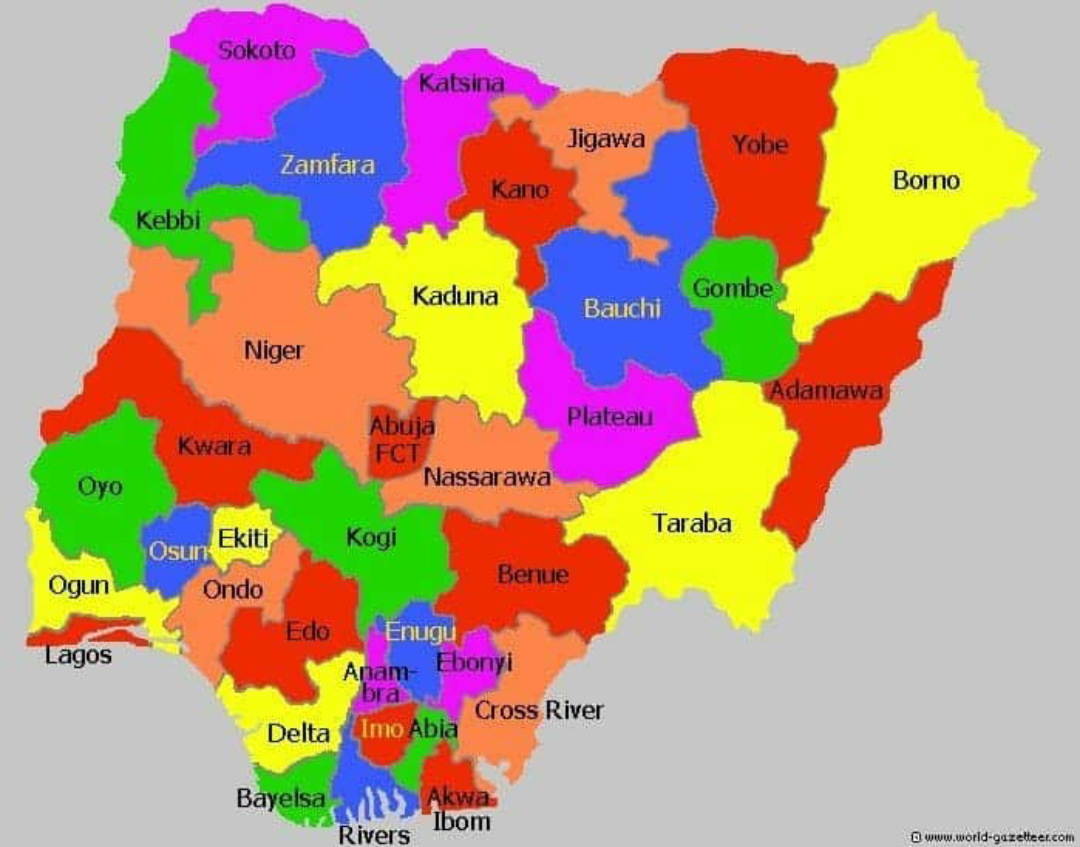
If you spend a good amount of time on the internet following events and trends in Nigeria as I do, you are likely to come across expressions such as; “Nigeria is a doomed country, it cannot work”, ‘’ This Lugardian contraption of people fused together against their will by the British should be divided and let everybody go their separate ways”.
To be sure, the division or separation from Nigeria has been canvassed variously by all the regions at one time in one way or another. The first recorded clamour in this regard was by the elites of the colony of Lagos when the British decided to merge Lagos which was then under a separate colonial administration with the rest of Nigeria. The grouse of the Lagosians was not just the merger with the Yoruba hinterland, but worse in their reckoning was joining up with the Northern protectorate with its ‘’Primitive feudal system and the unspeakable barbarities associated with it’’, as they put it then.
The next significant call for secession from Nigeria came from the northern region in 1953 following the passing of the McPherson constitution whose provisions the elites of the north kicked against. The result was the calls for ‘’Araba’’ in Hausa or separation in English. There were riots all over the north then and the colonial administration sensing the dangers moved to amend in some cases and in others, expunge some of the contentious provisions.
Fast forward to July 1966 following the counter coup by mainly officers of northern origin in revenge against the earlier one in January of the same year where northern political leaders and military figures were killed. In the ensuing uncertainty there were moves by some northerners to separate the north from the rest of Nigeria which was quickly discouraged and squelched.
And of course this precipitated the chain reactions that led to the civil war which raged between 1967 and 1970 in which the aggrieved part of the country, Eastern Nigeria sought to secede.
Then came the Gideon Orkar coup of April 22, 1990 in which the coup plotters sought to excise the north from the country. Although the mutiny was eventually put down, it however raised a lot of issues regarding the state of relations among the component parts of the country which have been reverberating right up to this day.
In our current situation, despite the return to civilian democratic rule and the devolution of powers to constituent states and local constituencies, all intended to allow for representation, the calls for secession have grown steadily and have become more strident.
Who are the groups calling for secession in the present circumstances and how far can they go in their bid to actualise it?
The most strident calls for secession from the country come from the former Eastern part of the country. The grouses range from perceived marginalisation in representation to appointments in the Nigerian superstructure. Added to that is the perception rightly or wrongly that the continued stay of the eastern region as an entity within the country inhibits the people and area from actualising their potentials for accelerated development.
Two main groups, Movement for the Actualization of the Sovereign State of Biafra, (MASSOB) and its splinter group, the Indigenous People of Biafra (IPOB) are spearheading the efforts for the actualization of the secessionist agenda of the south east.
In the South west where feelings of separatism runs high, the groups championing the cause however are not as coordinated and focussed as in the southeast. Between Professor BanjiAkintoye’s Yoruba world Congress, (YWC) and the Afenifere, there has been a lot of talk and threats about separation from Nigeria but no real organization to that effect on ground.













